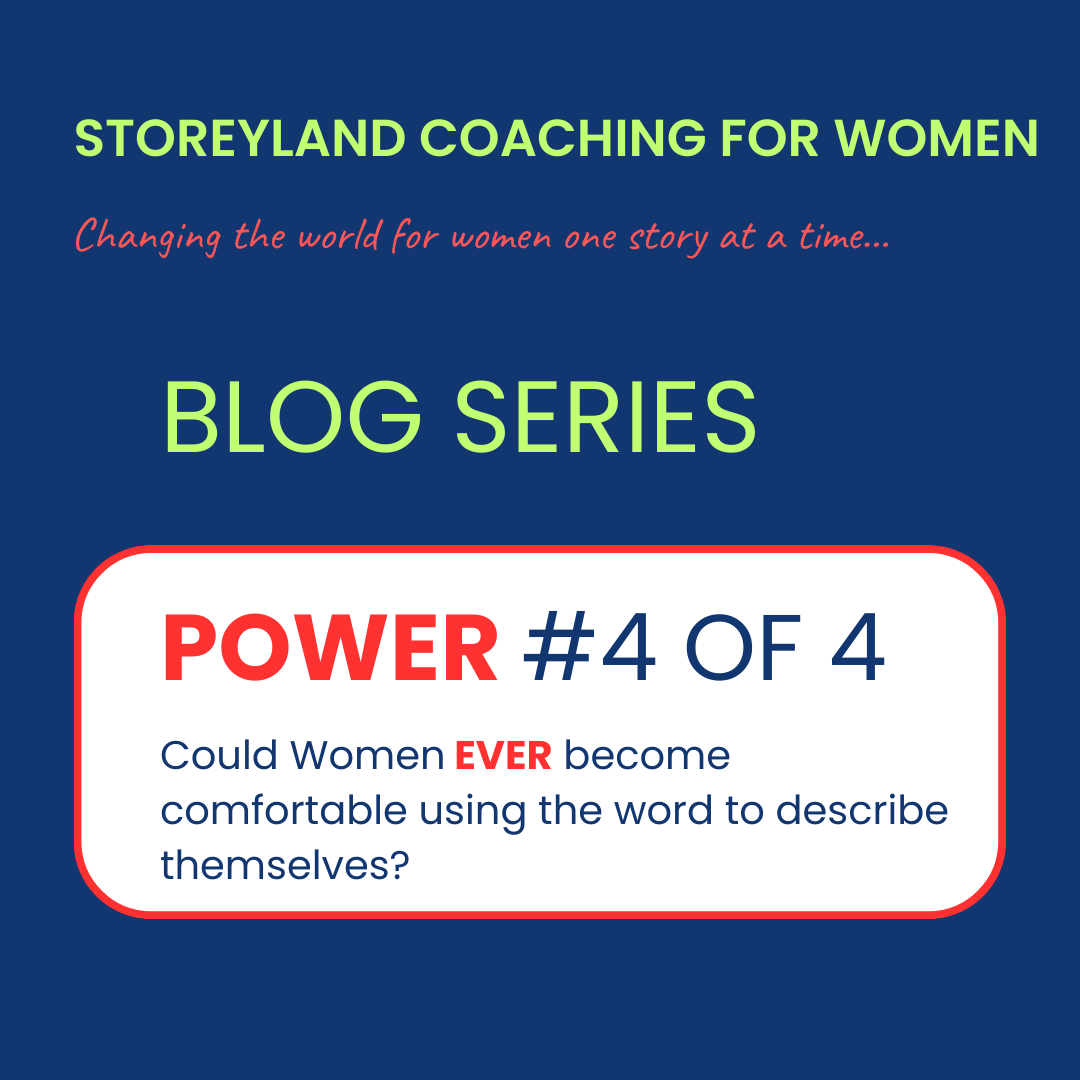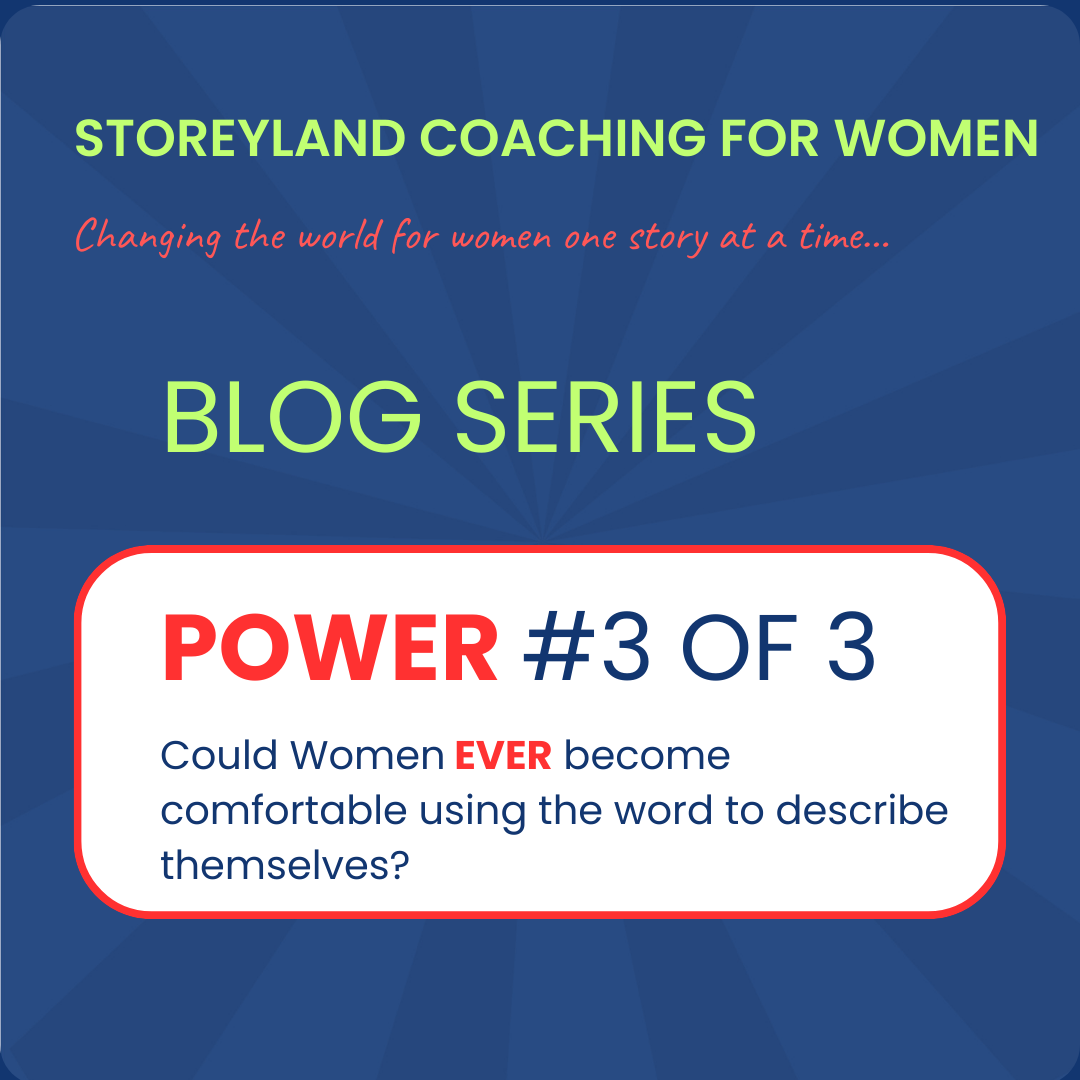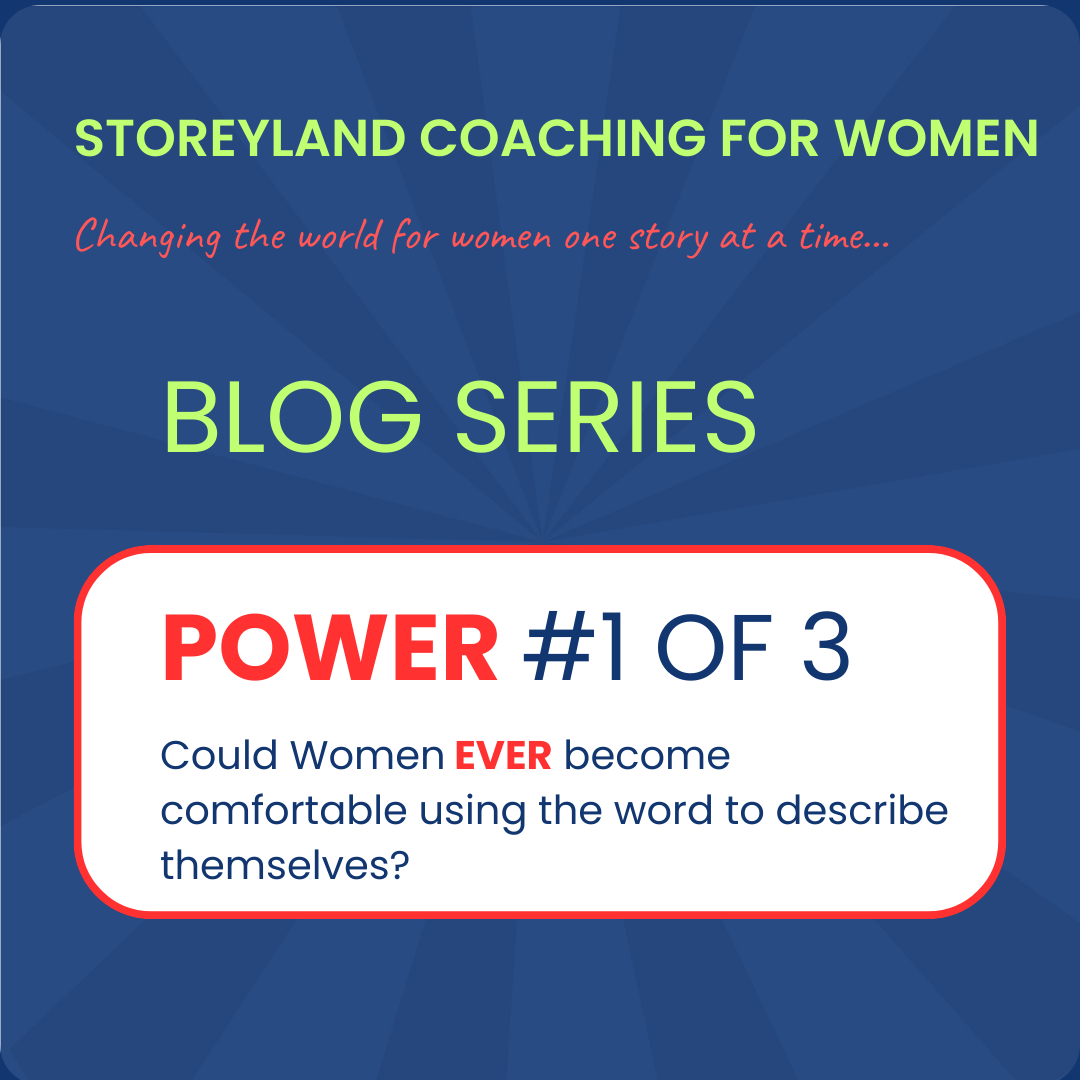Power #2 of 4
Power Maturity & the Components of Harm and Power
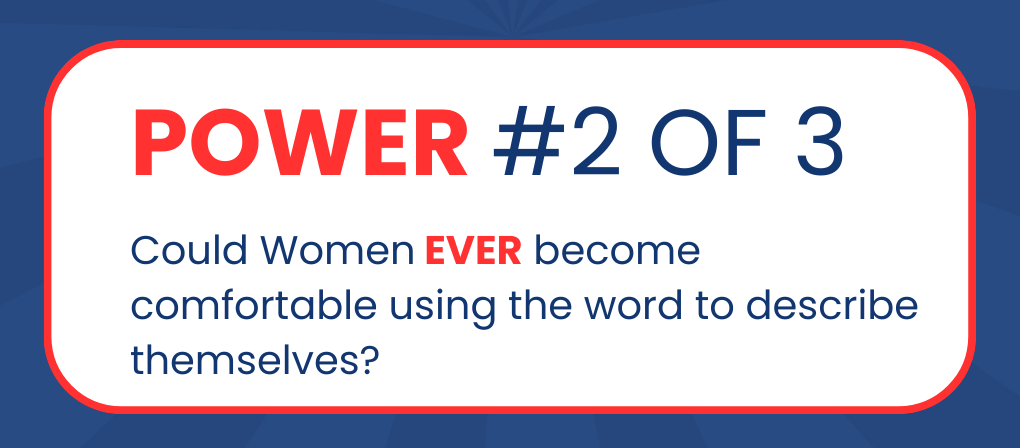
#2 Components of Harm and Power
Power, per se, does not necessarily cause harm. And yet, it often does.
So, what makes the Powerful harmful?
I believe there are two components to consider:
1. The Emotional Intelligence or Maturity of the person(s) holding the Power – “Power Maturity”; and
2. The level of vulnerability of the Powerless person(s) impacted by the Power
In short, the less Power Maturity the Powerful person(s) has/have, vs the more vulnerably powerless the Powerless person(s) is/are, - the more harm is caused.
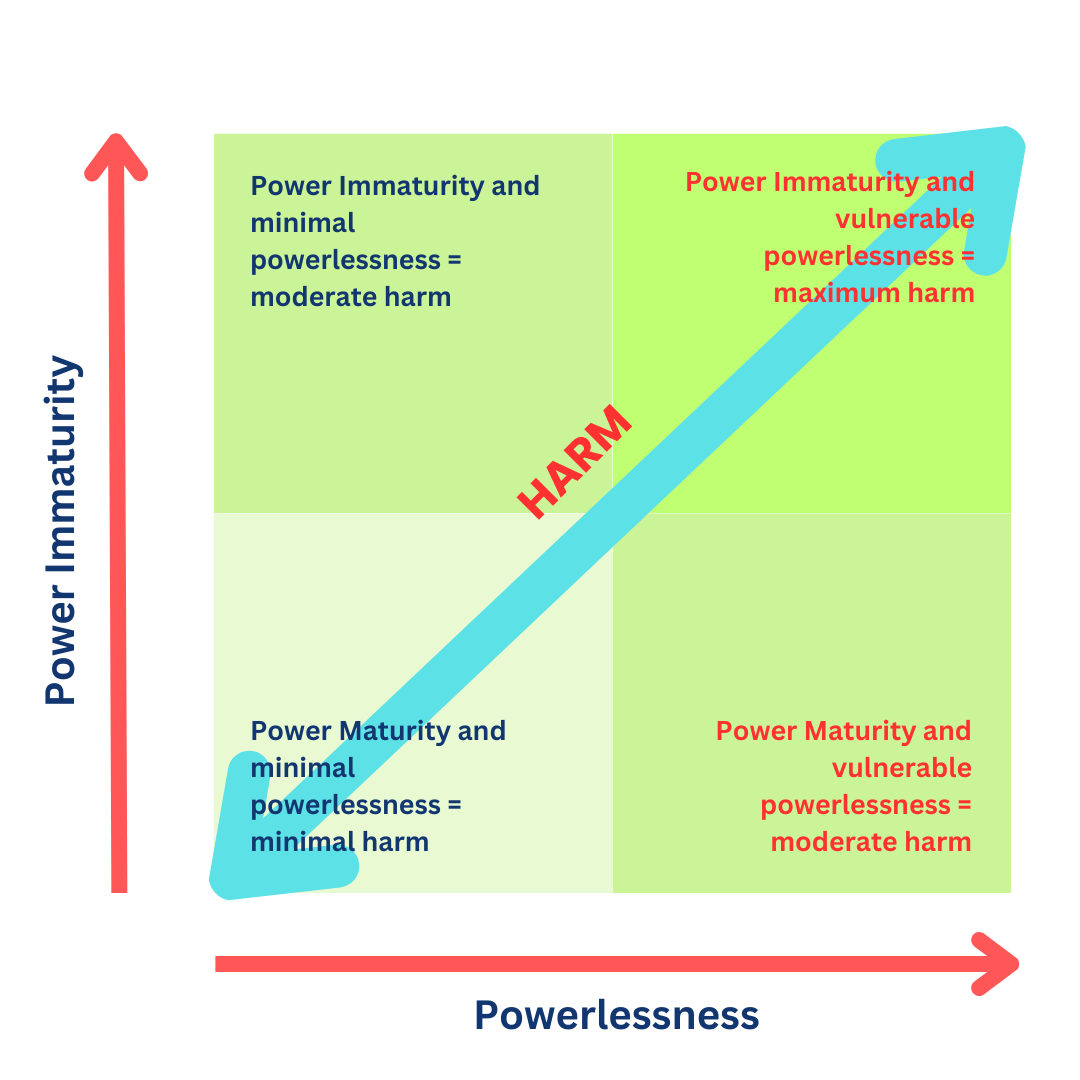
1. Power Maturity
I believe that Power Maturity comes from
- a willingness and ability to develop insight into the power dynamic, the harm being caused (if any) and the person(s) roles (and responsibility) within it,
- emotional intelligence,
- access to data/information that defines the impact of the imbalance, and
- an understanding of the benefits to themselves or wider society of addressing the situation.
Power immaturity, conversely, can be defined by:
- a refusal, denial, or inability, to develop insight into the power dynamic or accept that the Powerful person(s) have a role or responsibility to reduce or end the harm caused by it
- emotional immaturity
- absence of data or information that can show the impact of the harm or imbalance
- a lack of willingness, or absence of ability to understand the benefits to themselves or wider society of reducing/removing the harm.
2. Degrees of vulnerability of Powerlessness
I believe that the more powerless a thing, or person(s) is, the greater the potential for harm when at the mercy of the Powerful. A small animal, for example, has a greater potential for experiencing harm from an adult human, than another adult human.
The importance of this point, is that, if vulnerability can be reduced, there is hope that a re-balance of power is not necessarily ONLY in the hands of the powerful. And that is important.
SUMMARY
In attempting to consider how a power imbalance can be redressed, it is important to understand the components in play: Power Maturity Vs Vulnerability of Powerlessness.
But can we do anything about it? The answer is YES. The further Blogs in this series describe how we CAN.
Read on.
#1 of 3 Why do so many women hate using the word Power to describe themselves?
#3 of 3 How can we re-balance the imbalance of harmful Power?
I work with women to help them regain their power. Individually and in Society.
If you would like to regain yours, email me at marianne@storeyland.co.uk

